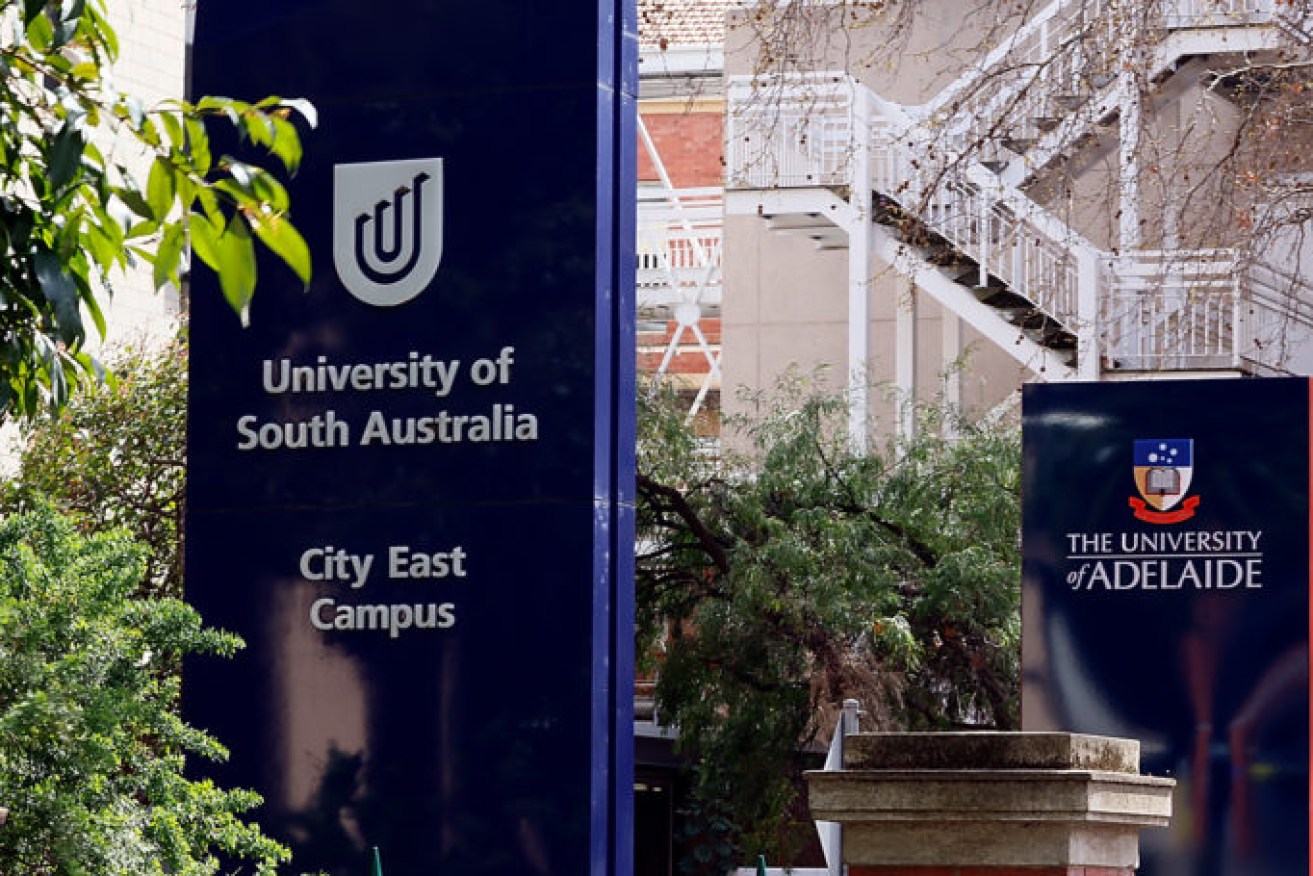Push to abolish university fees for first-time students
South Australian Senator Rex Patrick says he will undertake a “major political campaign” to make university and vocational education free for Australian students undertaking their first degree.


Photo: Tony Lewis/InDaily
Patrick, who is facing a tight contest for re-election in the Senate this month, said he is calling for a “revolution” in thinking about Australia’s higher education system and “strongly support(s)” the Nordic model of free tertiary education.
The former Centre Alliance senator’s proposal is for each Australian school leaver’s first tertiary qualification to be fee-free and for an initial trial of the program to be run at regional universities in key study fields.
Patrick also highlighted the New Zealand Government’s 2018 initiative to make each student’s first year of study free of charge as a possible first step toward implementing wider reform in Australia.
“If re-elected to the Senate I plan to undertake a major political campaign, using all the Parliamentary opportunities and leverage I have, to achieve a restoration of a free first degree, certificate course or trade,” he said in a statement.
“Labor Prime Minister Gough Whitlam’s abolition of university fees in 1974 was a visionary reform that provided many of our nation’s current political, business, scientific, engineering, and cultural leaders with opportunities that they would otherwise not have been able to access.
“The progressive reintroduction of fees, starting in 1989, was a retrograde step leading to today’s highly commercialised higher education system that has sold Australia’s national interests short.”
Patrick, who is one of 15 crossbenchers in the Senate, said he would be using “legislative initiatives and the Senate Committee process” to push for the reforms.
The senator received an estimate from the Parliamentary Budget Office that subsidising free first degrees will cost an average of $4.3 billion a year over the first 10 years, while fee-free first vocational courses will cost an average of $1.8 billion annually over the same time period.
The PBO, however, noted the financial implications of the proposal are “very uncertain and highly sensitive to assumptions” surrounding tuition costs, withdrawals and volatility in demand for courses.
An average bachelor’s degree in Australia currently costs between $15,000 and $33,000, according to StudyAustralia figures.
Australia’s current HECS debt system requires students to gradually repay their loans on top of their taxes once they earn more than $47,014 a year. The percentage of the loan the graduate is required to pay back increases in line with their annual income.
The cost of tertiary education in Australia rose by 6.3 per cent in the March quarter, according to Australian Bureau of Statistics data released last week, with the increase attributed to the introduction of the new band and fee schedule in the Morrison Government’s Job-Ready Graduates reforms.
Higher education has been a significant part of the Labor Party’s federal election pitch, with the Opposition putting forward a $1.2 billion higher education policy to provide 465,000 fee-free TAFE places in priority skills areas.
The remaining $481.7 million of Labor’s package would go towards creating 20,000 extra university places over 2022 and 2023.
The Morrison Government, meanwhile, is proposing to fund an extra 100,000 university places over the next decade. Its core plan for the higher education sector is a $2.2 billion, 10-year commitment to “supercharge research collaboration between universities and industry”.
Patrick’s push for tuition-free first degrees brings him closer to the higher education policy of the Greens, one of his rivals for re-election in the Senate.
The minor party, which has made South Australia a key focus of its Senate campaign, is running on a platform of tuition-free university and TAFE education for all Australian citizens.
The Greens are also calling to abolish all student debt.
Patrick said he didn’t support subsidising all university courses, such as double degrees and master’s qualifications, labelling the Greens policy “unrealistic” and arguing the federal government shouldn’t be subsidising students who undertake a “career of learning”.
But he said the concept of retrospective student debt cancellation is worthy of “consideration” and floated the idea of wiping HECS debt for nurses who pursue careers in regional areas.




